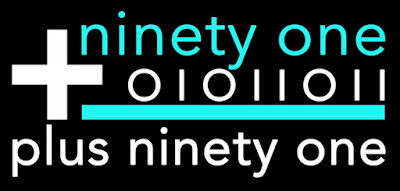Very positive, in the end, they are not anymore an expectative, but it is already a reality. Things already changed permanently. If countries like Brazil have conditions to invest in technology in a democratic manner it may be surprisingly amazing.
1. Tell us about your upbringing, background, and journey?
I'm a bachelor's in psychology and a post-graduate in sexology. I'm also an actress. After an investigation about female erotism in the performing arts, I have created a show about women's pleasure. At the end of the show, the women were looking for me to talk about the subject ane that inspired me to keep working in this direction.
2. Why did you choose to be a doctor and decide what you specifically want to do?
Actually, I'm not a doctor, I'm a bachelor in psychology in the phase of getting the license to attend as a psychologist. However, because of the show, I have perceived the demand of the women about sexual health and then I decided to focus on the sexuality area.
Today my job is to unbuild behavior standards that avoid the woman to have good sexual health. Through social media, I offer attendance, courses for men and women that wish to get deep knowledge on women's pleasure.
3. We salute your work during the pandemic, where did you get the inspiration to work so hard?
When I realized that the people were confined, suffering, and facing post-traumatic stress, I have relied on the tools that I had to transform the domestic life of the people, in the end, what to do when you're confined into the house. It would demand a reinvention of our day by day, and to talk about sexuality in a manner that the people could feel pleasure is like medicine to heal the impact of the pandemic.
So I have studied even more and invested inaccessible communication such as social media. Sexual health is a criterion to reach out to life quality and this gives us motivation because we do not have that much opportunity or opening to talk about such subject.
4. How do you expect digital health to grow over the next 5 years?
Very positive, in the end, they are not anymore an expectative, but it is already a reality. Things already changed permanently. If countries like Brazil have conditions to invest in technology in a democratic manner it may be surprisingly amazing.
5. What are your concerns about Digital Health?
The difficulty to humanize the attendance, evaluating just the symptoms and not the overall health. Another real concern is the accessibility of poor people to take advantage of this change.
6. Can you let us know anyone application of Digital Health in your country which has impressed you?
"Cabine Digital h.ai. It is an application that offers cabins of health attendance with a big sort of specialties. There you can also measure the pressure, breathing, stress level, blood pressure between others.
7. What is your message for aspiring doctors and the young generation? Which is the best medical college according to you?
Although I'm not a doctor, I would suggest to do their job with passion and keep the humanization into account at the same time they need to work on new ideas that the new technologies bring us today
8. What does your typical day look like and what do you like to do besides work?
I work 8 hours a day with attendance in sexology and I generate content for the internet. Besides work, I use to study, to take care of my plants and my cat, I love to travel anytime I have the opportunity. I like also to work with my creative ideas, like writing erotic tales, scenes, and projects.
Maria Mansur - Bachelor's in Psychology and a Post-Graduate in Sexology | Actress
Interviewed By: Nishad Kinhikar






.jpeg)





0 Comments